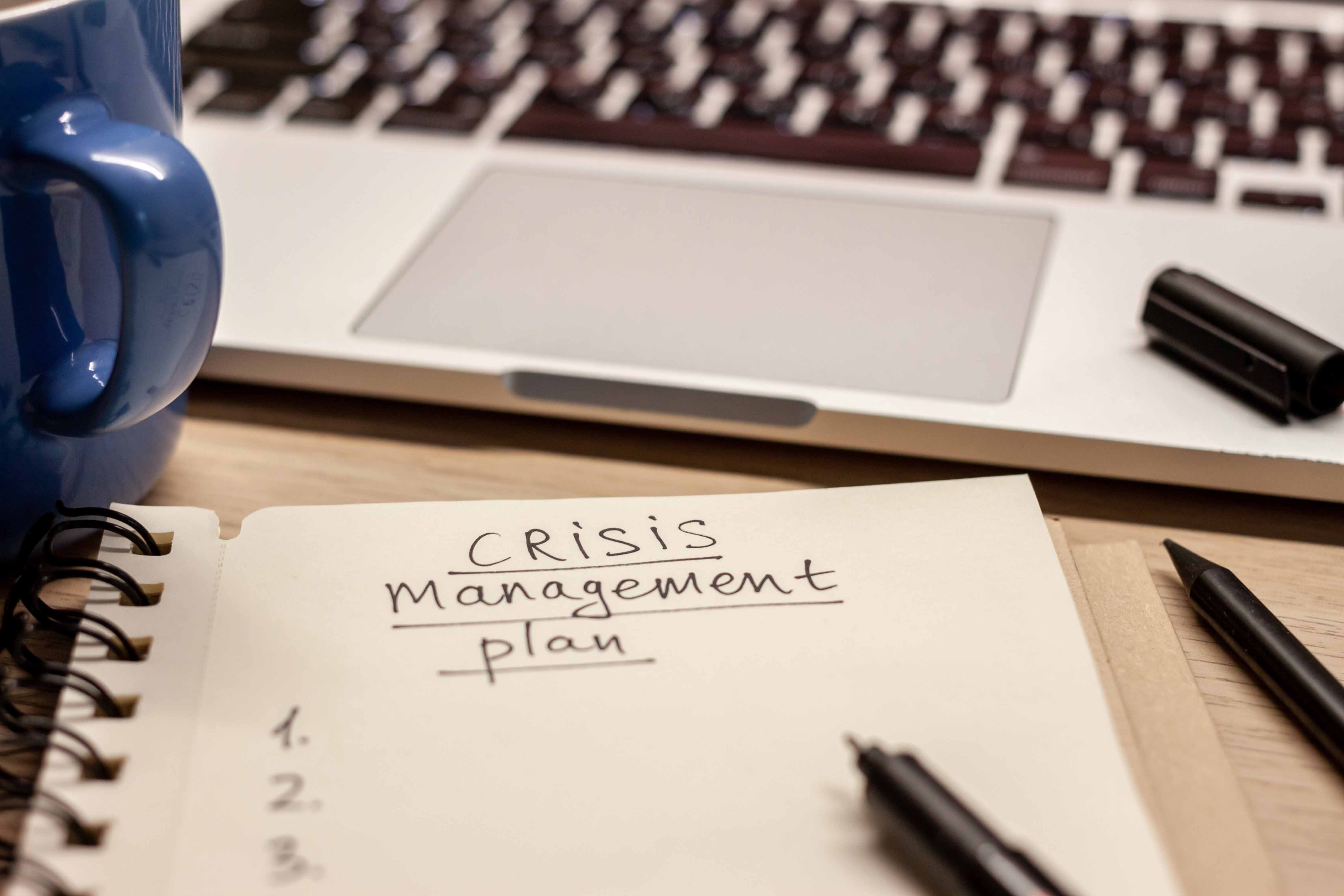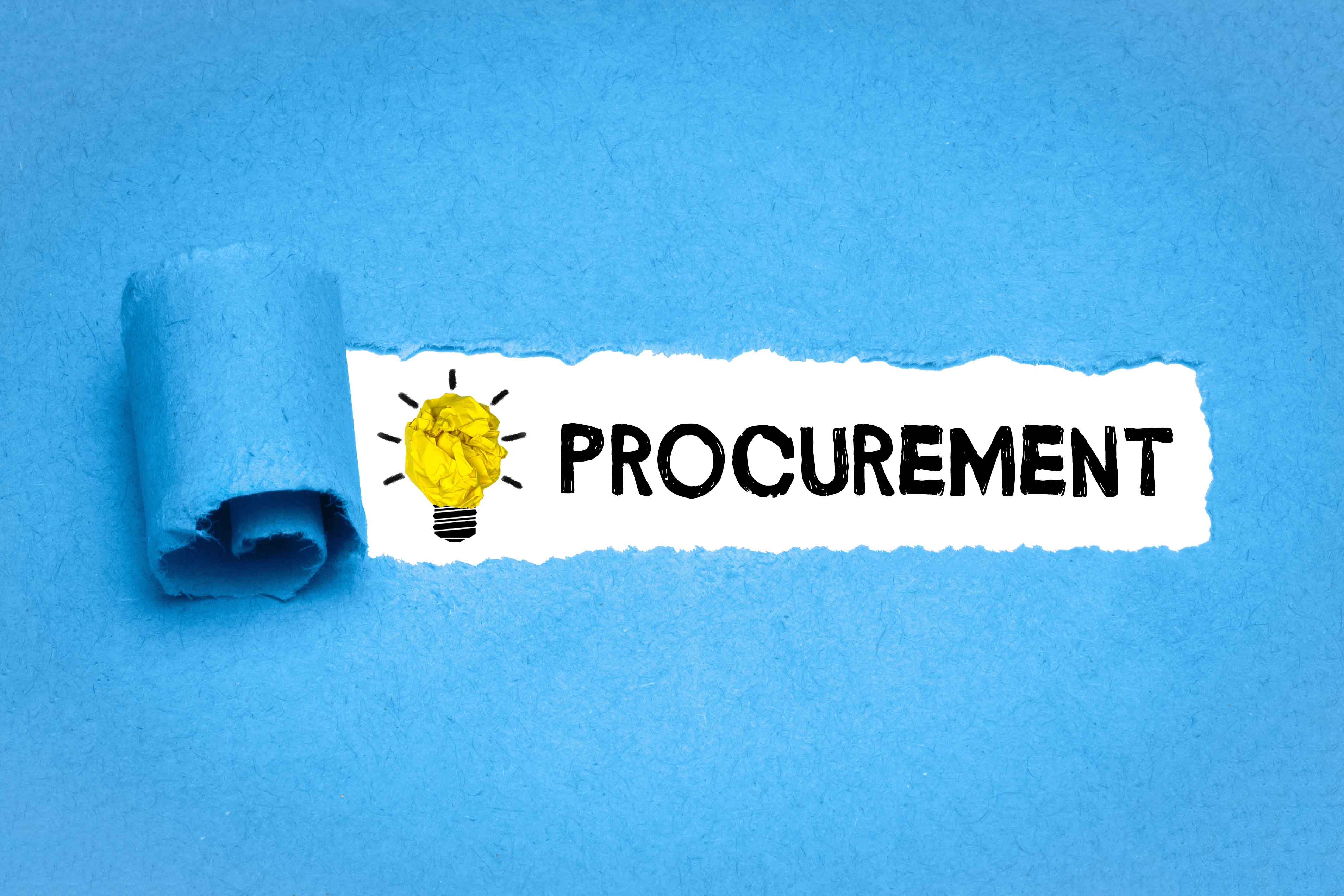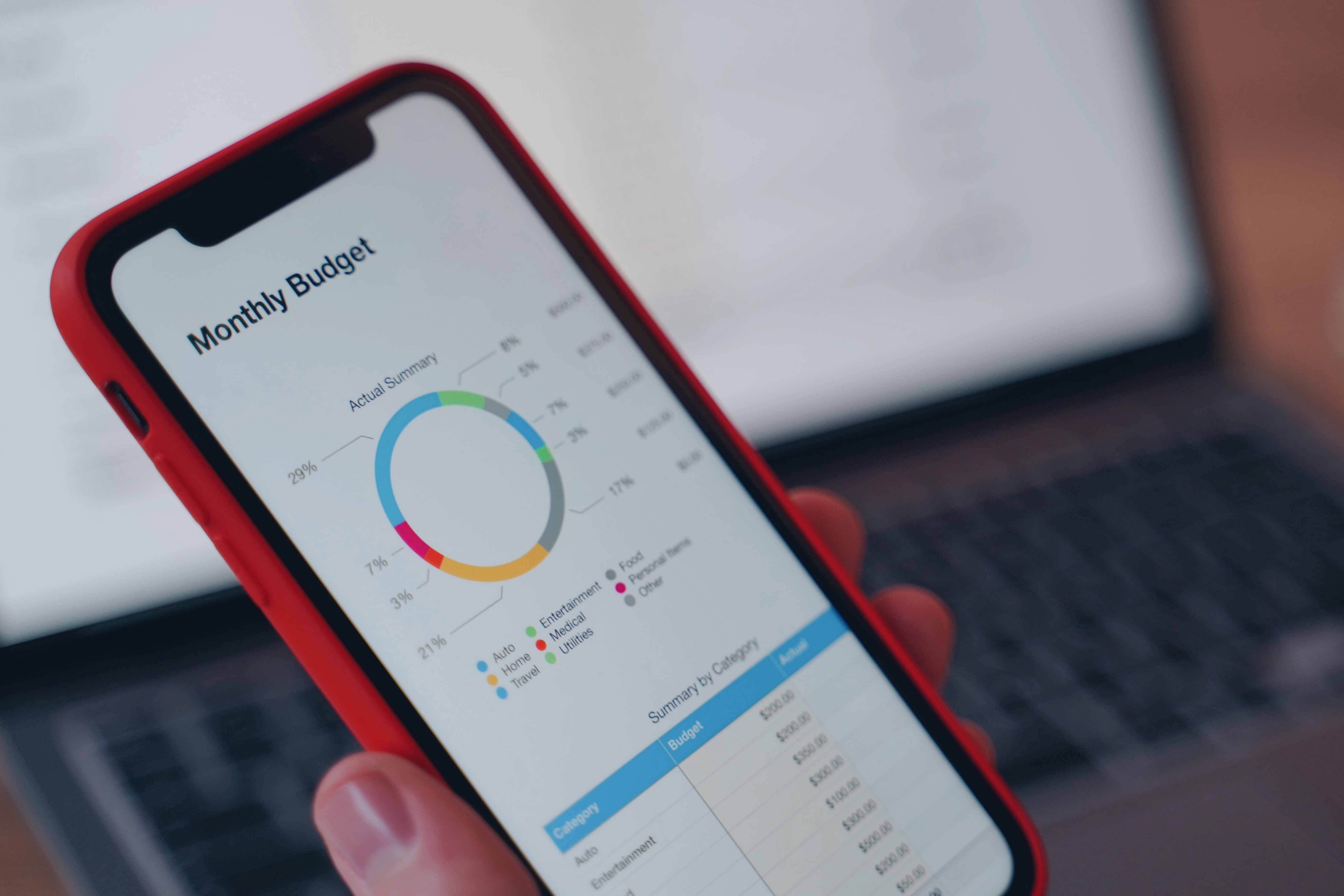There are more than 9 million people currently in the UK that are classed as seriously in debt by a study conducted by money advice service. There are more than 1 million families with a household income below £30,000 and are in extreme debt and the stagnant wage increases has further added to the problem. The total debt includes car loans and credit cards for households and increased by £48bn between 2012 and 2015 to £353bn this isn’t helped by the decrease in wages yearly.
An average household would spend 25% of their wages on unsecured debt repayments. A debt problem is the most common amongst working poor, people who have jobs with a low pay and not enough to keep them afloat. UK wages fell by 10.4% between 2007 and 2015 which makes debt repayment harder.
Families tend to rely on credit cards and loans to get by month to month, it’s a vicious cycle because within the next month they will pay the credit card bill and end up in the same position.
Businesses are also guilty of falling into a debt spiral, therefore it is important to deal with business debt, as you would with personal/household debt.
You can follow the steps below to ensure you manage your personal and business debt.
-
You need to ensure that you always pay your bills on time; late payment will make it harder to pay off and will incur a late fees. If you miss more than 2 payments in a row the interest rate will increase by a lot. As there have been advances in technology, you can save the date on your computer or smartphone to ensure that you don’t miss a payment.
-
Everyone has emergency expenses that can come up at any time such as a broken washing machine, extra school expenses for the children or even a broken down car. It is easy to get into debt if you don’t have access to an emergency fund as you might be forced to take out a loan for these expenses. Every week its best to keep a small amount of money together and eventually it add up to a small fortune. It is best to create a separate account one where you only input money and not take out any.
-
Debt management courses can be very effective in debt management, London Training for Excellence offers a course that can help you look after your business’ debt and provide you with a debt management plan guideline. The course will also inform you on how to manage business debt.
-
If you are finding it extremely impossible to manage your debt as well as paying the bills, you might need to get help from the correct authorities. You may need to contact a debt relief company to get advice on how to pay off your loans. There might be other options such as bankruptcy or debt settlement.
-
A debt management programme is an agreement between you and your creditors on how to pay all of our debts. The programme is put in place by the financial authorities for people that can only afford to pay creditors a small amount each month. You can also arrange the programme with a licensed debt management company for a small fee.
-
When you have a credit card it is important to always pay the minimum even if you can’t pay the entire amount. It is more important to pay off even a little than to miss a payment. It is harder to catch up on defaulted payment.
You can find out more about our debt management course in London.
All Courses
 Business Administration
Business Administration
 Chemical Engineering
Chemical Engineering
 Communications and Public Relations (PR)
Communications and Public Relations (PR)
 Compliance and Legal
Compliance and Legal
 Contract and Project Management
Contract and Project Management
 Customer Experience and Relationship Management
Customer Experience and Relationship Management
 Energy and Sustainability
Energy and Sustainability
 Finance and Accounting
Finance and Accounting
 Health, Safety and Environment
Health, Safety and Environment
 Human Resources and Talent Development
Human Resources and Talent Development
 Industrial Manufacturing and Production
Industrial Manufacturing and Production
 Innovation and Artificial Intelligence (AI)
Innovation and Artificial Intelligence (AI)
 Leadership and Management
Leadership and Management
 Oil and Gas
Oil and Gas
 Procurement & Supply Chain Management
Procurement & Supply Chain Management
 Quality and Productivity
Quality and Productivity
 Retail and E- Commerce
Retail and E- Commerce
 Sales and Marketing
Sales and Marketing
 Strategy and Business Planning
Strategy and Business Planning
 Sustainability and CSR
Sustainability and CSR
Learning Solutions
iLearn Blog
About Us
 Directory Calendar
Directory Calendar
 Contact Us
Contact Us
All Courses
 Business Administration
Business Administration
 Chemical Engineering
Chemical Engineering
 Communications and Public Relations (PR)
Communications and Public Relations (PR)
 Compliance and Legal
Compliance and Legal
 Contract and Project Management
Contract and Project Management
 Customer Experience and Relationship Management
Customer Experience and Relationship Management
 Energy and Sustainability
Energy and Sustainability
 Finance and Accounting
Finance and Accounting
 Health, Safety and Environment
Health, Safety and Environment
 Human Resources and Talent Development
Human Resources and Talent Development
 Industrial Manufacturing and Production
Industrial Manufacturing and Production
 Innovation and Artificial Intelligence (AI)
Innovation and Artificial Intelligence (AI)
 Leadership and Management
Leadership and Management
 Oil and Gas
Oil and Gas
 Procurement & Supply Chain Management
Procurement & Supply Chain Management
 Quality and Productivity
Quality and Productivity
 Retail and E- Commerce
Retail and E- Commerce
 Sales and Marketing
Sales and Marketing
 Strategy and Business Planning
Strategy and Business Planning
 Sustainability and CSR
Sustainability and CSR
Learning Solutions
iLearn Blog
About Us
 Directory Calendar
Directory Calendar
Contact Us













































 Course Venue
Course Venue